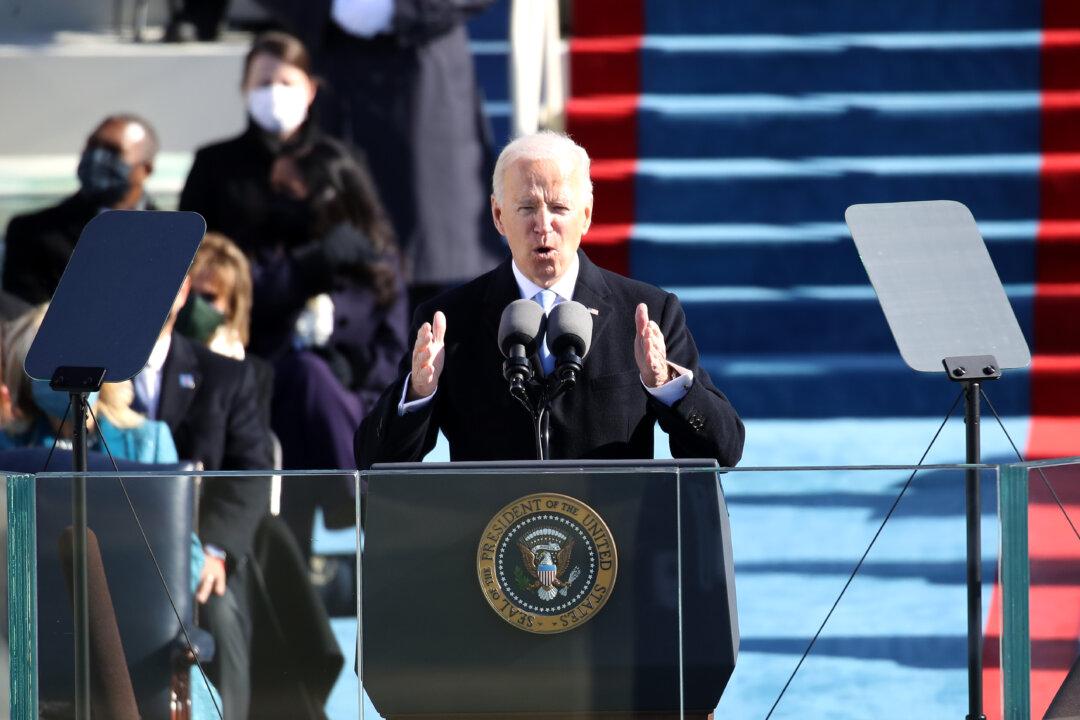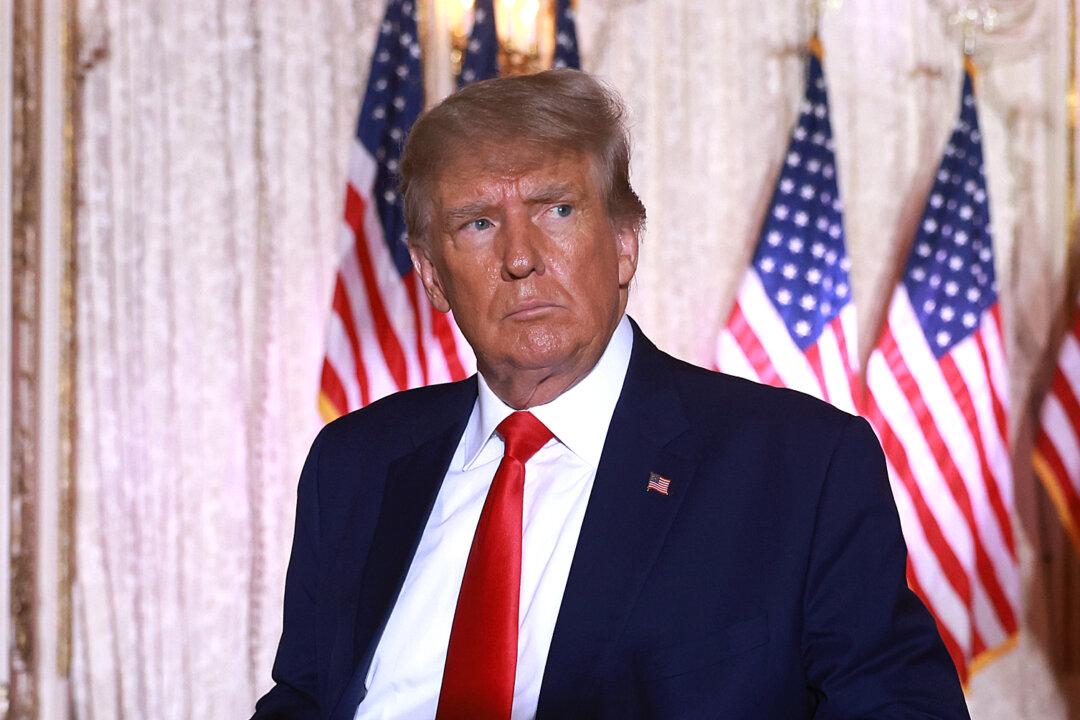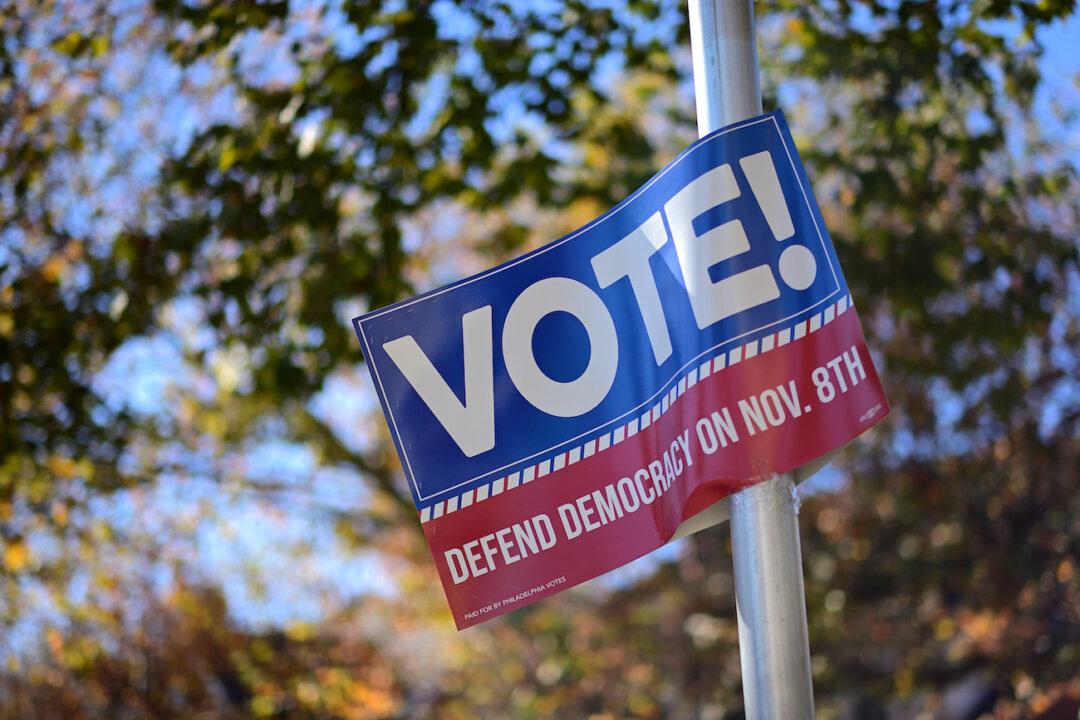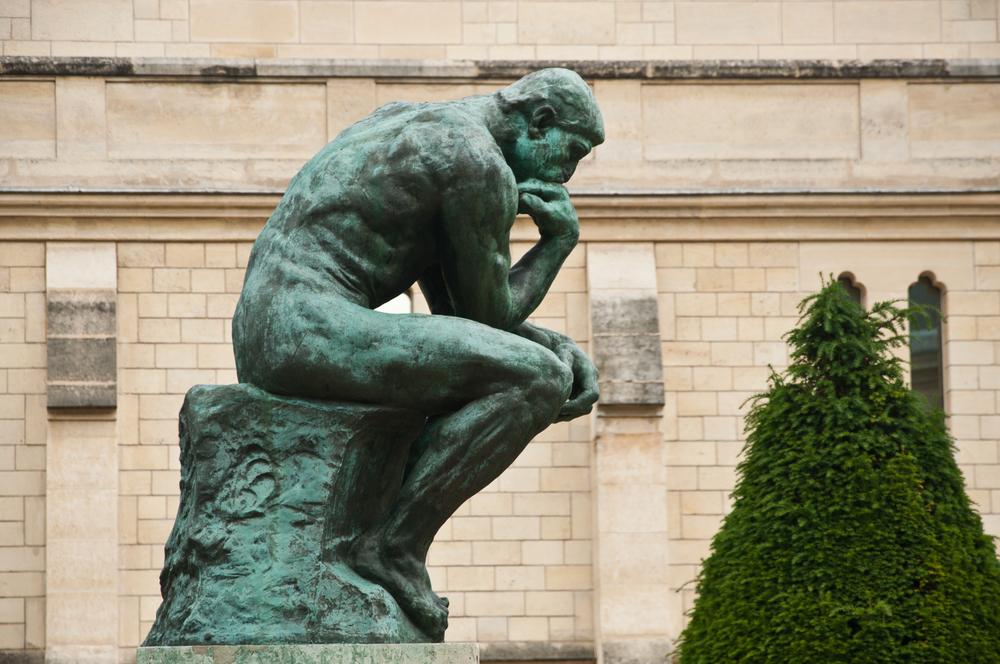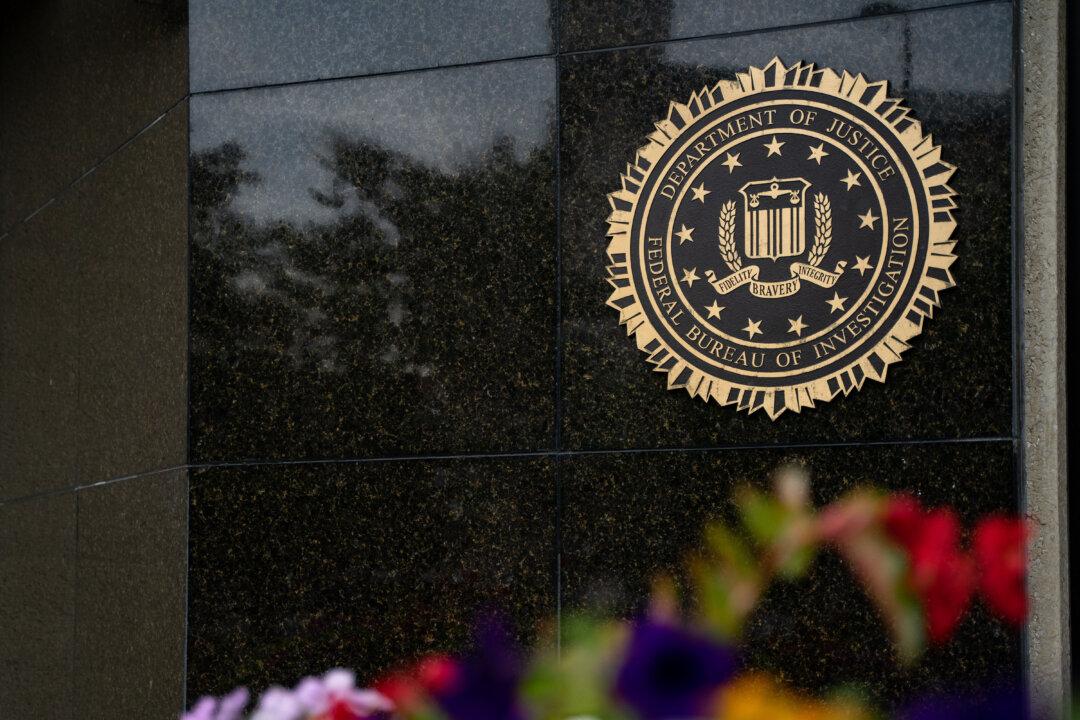Commentary
You can’t say he didn’t warn us. It’s true that, in his inaugural address, President Joe Biden’s call for “unity,” coming as it did after a period of great civil strife and contention, sounded like a promise. It’s only taken us nine months to discover that the promised unity was really a threat.
